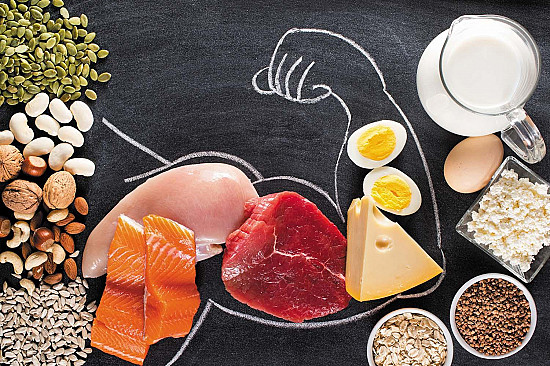The numbers add up for eating your five-a-day of fruits and vegetables
In the journals
Five daily servings of fruits and vegetables — the so-called five-a-day — is seen as the recipe for a longer and healthier life. But does it matter how those servings are divided between the two food groups? Or which fruits and veggies you choose?
Researchers studied dietary information from about two million people over 30 years. They found that eating about five daily servings of fruits and vegetables was associated with the lowest risk of death. Compared with people who consumed two servings of fruit and vegetables a day, those who ate five servings had a 13% lower risk of death from all causes; a 12% lower risk of death from heart disease or stroke; and a 10% lower risk of death from cancer.
A closer look at the numbers revealed other interesting findings. Eating more than the five-a-day did not show any additional benefit in fighting disease or increasing longevity. Also, dividing the five-a-day between two servings of fruits and three of vegetables had better results than any other combination.
The type of food matters, too. For example, starchy vegetables (such as peas, corn, and potatoes) and fruit juices were not linked with a lower risk of death or specific chronic diseases. In comparison, green leafy vegetables (including spinach and kale) and fruits and vegetables rich in beta carotene and vitamin C (like citrus fruits, berries, and carrots) were deemed the most helpful. The results were published online March 1, 2021, by Circulation.
About the Author

Matthew Solan, Former Executive Editor, Harvard Men's Health Watch
Disclaimer:
As a service to our readers, Harvard Health Publishing provides access to our library of archived content. Please note the date of last review or update on all articles.
No content on this site, regardless of date, should ever be used as a substitute for direct medical advice from your doctor or other qualified clinician.















